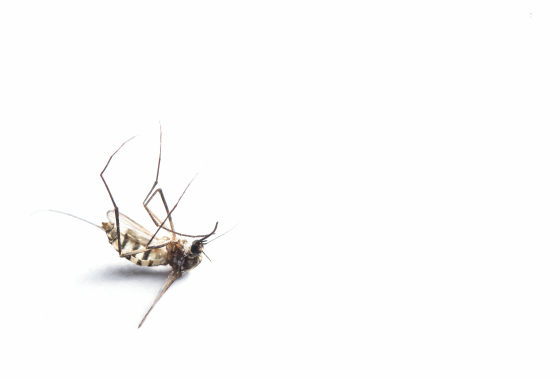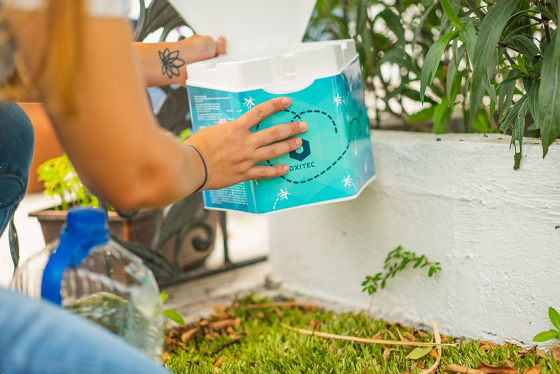Large-scale experiment to release tens of millions of genetically modified mosquitoes to be conducted in the United States

Experiments around the world have been conducted to release genetically modified mosquitoes 'to prevent offspring from breeding' in order to reduce the number of
First genetically modified mosquitoes released in the United States
https://www.nature.com/articles/d41586-021-01186-6
Aedes aegypti is known to transmit diseases such as yellow fever , dengue fever, and Zika fever. In recent years, the habitat range of mosquitoes such as Aedes aegypti has expanded due to the effects of global warming, and as a countermeasure against infectious diseases, technologies for controlling the reproduction of these mosquitoes have been developed.
UK-based Oxitec is one of the biotechnology companies that develops such technology. Oxitec is conducting an experiment to 'release mosquitoes with genes that kill offspring into the wild.' The theory is that when a genetically modified male mosquito mates with a female, certain enzymes accumulate in the offspring, which inhibit the growth of the offspring and cause them to die before breeding.

Oxitec has conducted experiments in Brazil, Panama, Cayman Islands, etc., but the experiment in the United States has not been approved by the authorities due to opposition from the citizens of Florida, the place of the experiment.
In late April, Oxitec's research team installed boxes containing genetically modified mosquito eggs in three areas and six locations in Keys, Florida. The first mosquitoes were released in the first half of May, and it is estimated that 12,000 mosquitoes will be released every week for the next 12 weeks. In addition, the second face for the purpose of collecting further data will start in the latter half of 2021, and 20 million mosquitoes will be released in about 16 weeks.

However, there are still many Keys residents who oppose the experiment of releasing genetically modified mosquitoes, such as threatening voices such as 'spreading insecticides where mosquitoes are released'.

Molecular biologist Natalie Kofler notes that there are people who strongly oppose such experiments. Especially in the case of the experiment at Keys, Oxitec repeatedly explained to the residents, but many residents are worried that it is an 'explanation from the company'. Improving data visibility could help residents feel more secure, Kofler said.
Related Posts:







